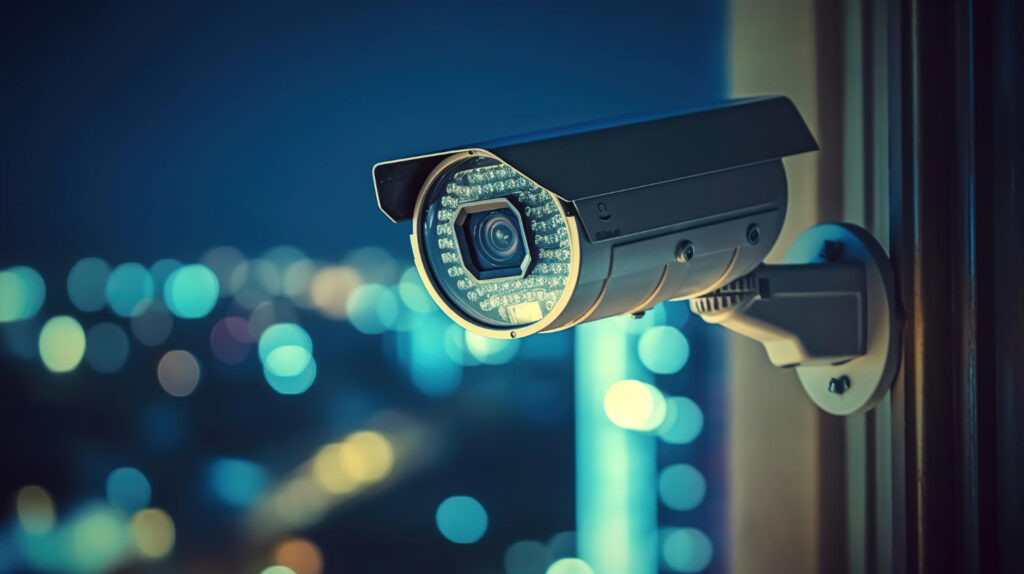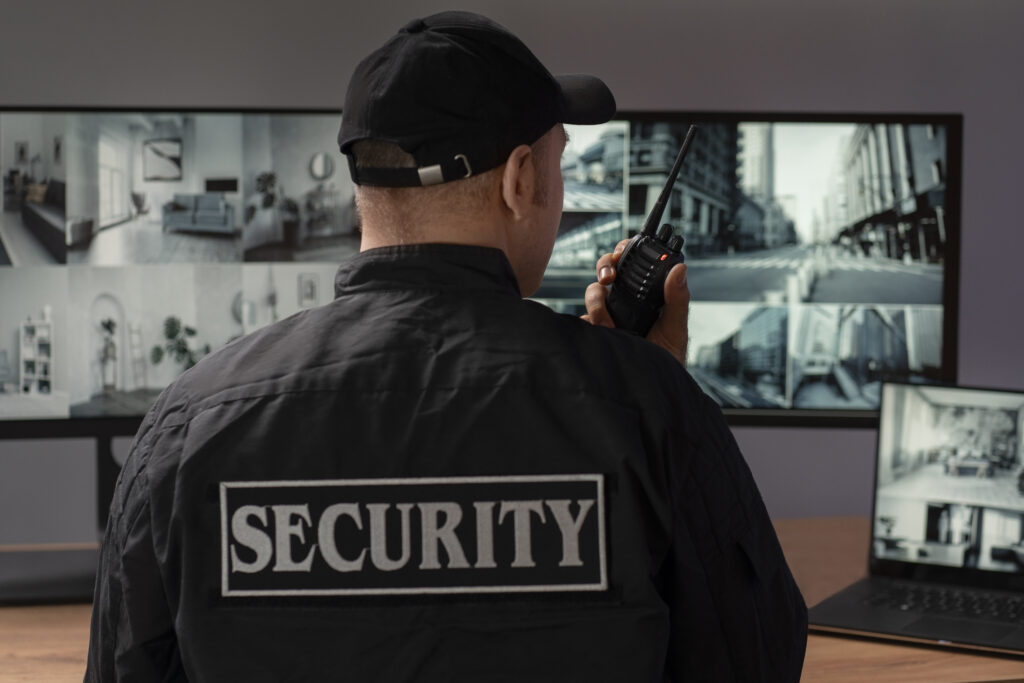
THE IMPORTANCE OF CCTV SYSTEMS IN ENSURING
WORKPLACE SECURITY
In today’s dynamic world, security remains a paramount concern for individuals, businesses, and communities alike. Among the various technologies that have emerged, Closed-Circuit Television (CCTV) systems play a pivotal role in safeguarding workplaces. These systems consist of strategically placed cameras that capture and record video footage. However, their significance extends beyond mere surveillance. Let’s explore the key functions and benefits of CCTV systems.
Deterrence and Prevention
- Visible cameras act as a deterrent to potential criminals,discouraging theft, vandalism, and unauthorized access.
- Knowing that their actions are being recorded often dissuades individuals from engaging in unlawful activities.
Real-Time Monitoring
- CCTV systems provide live monitoring of critical areas such as entry points, production floors, and storage spaces.
- Security personnel can promptly respond to incidents, ensuring a safer environment for employees.
Identification and Investigation
- In case of an incident, recorded footage helps identify suspicious individuals.
- It serves as valuable evidence during investigations, aiding law enforcement or internal security teams.
Safety and Compliance:
- By strategically placing cameras, employers can monitor regulatory adherence and ensure compliance with safety Protocols.
- Knowing that security measures are in place makes employees feel safer.
Integration with Other Systems:
- When integrated with access control, emergency communication, and remote management tools, CCTV becomes even more powerful.
- For instance, if an unauthorized person tries to enter a restricted area, access control can immediately notify facility managers and activate CCTV for assessment from a remote location.
Evidence for Legal Purposes:
- CCTV footage serves as crucial evidence in legal proceedings. Whether it’s an employee dispute, workplace accident, or theft, having recorded evidence can make a significant difference.
- It helps resolve disputes, protect the organization’s interests, and ensure justice.
Remote Monitoring and Alerts:
- Modern CCTV systems allow remote monitoring via smartphones, tablets, or computers.
- Security personnel can receive real-time alerts for any suspicious activity, enabling swift action even when they are off-site.
Employee Accountability:
- CCTV encourages accountability among employees. Knowing they are being monitored fosters responsible behavior.
- It helps prevent unauthorized breaks, misuse of company resources, and adherence to work schedules.
Emergency Response Coordination:
- During emergencies such as fires, accidents, or medical incidents, CCTV footage aids in coordinating emergency responses.
- It helps identify affected areas, assess the situation, and guide rescue teams.
Reducing Workplace Violence:
- Workplace violence, such as bullying, harassment, and physical altercations, is discouraged by closed-circuit television (CCTV).
- Employees feel safer knowing that incidents will be captured and addressed.
Conclusion
In summary, CCTV systems, particularly those provided by Infotel Communication, contribute significantly to maintaining a secure and productive work environment. They deter crime, provide evidence, enhance safety, and seamlessly integrate with other security measures. As we move toward smarter, more connected buildings, the functionality of Infotel Communication’s CCTV systems should not be overlooked.


